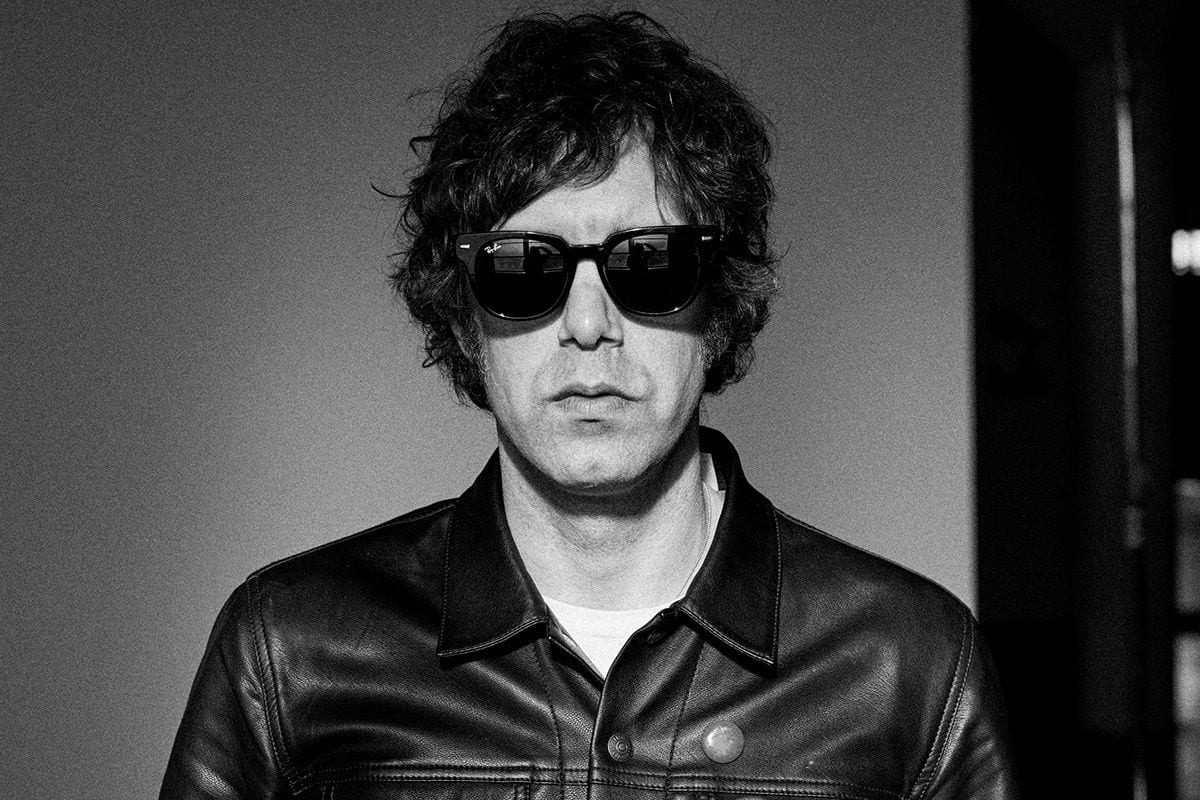
Because America has a reputation as the land of opportunity, some people see the underbelly of the country as its great hope. Those who suffer from poverty and assorted related ills are the underdogs who will champion a better future. This is a myth espoused by the haves to the have nots as a sop. Others see these same poor folk as stuck. They are beneath the underdog, to borrow a phrase from jazz great Charlie Mingus. Their lives will not greatly improve, and the most they can hope for is just minimal pleasures. They see the rich as the soul-sucking leeches they are, largely born to wealth and thinking they are entitled to it. But mostly the down and outers think about daily existential concerns: food, travel, family, shelter, and such. They look to the past to try and figure out the how and why of it rather than the future, which seems unpromising. The present is just what it is.
Such are the denizens of Jeremy Ivey’s debut solo album The Dream and the Dreamer for which he wrote eight and a half of the nine songs. His characters lack material wealth and don’t see being down the road as anyplace better, just somewhere different. The other man’s grass is not always greener when the whole neighborhood is grey. However, Ivey’s songs are more upbeat than despairing. His narrators offer a Zen-like perspective that suggests a timeless/timebound consciousness — like the central character of the “Falling Man” who has no name, no place, and no history.
Ivey may be sentimental at times. He not only identifies with the “Falling Man”. He cares for him. At a recent show at the Luck Reunion press house during AmericanaFest 2019, Ivey said the inspiration for the song came from the famous image taken of the World Trade Center explosion. The person is forever in suspension in the photo, a metaphor for the way we live our lives. Or, as he puts it in another song title, he is both “Ahead, Behind”. Of course, the end is always near. That’s the joke; one that is deadly serious. Ivey looks at the past and doesn’t want it to be great again — unless that means returning the country to its Native American inhabitants. He’s not prescriptive as much as he is descriptive. He sees the world from a Greyhound bus and observes the scars on the landscape and his fellow travelers. It’s not America the beautiful as much as it is the land of the dispossessed.
Ivey’s songs detail contemporary life in the way a Naturalist novelist from the early 20th century would, to show the larger social forces at work in the quotidian details. This impression is complemented by the gritty aspects of the production (wife Margo Price) and the mostly mid-tempo grunginess of his guitar playing. The album was recorded in Nashville and features Ivey on lead vocals, guitar, harmonica, and keys. He’ is joined by the Extraterrestrials: Evan Donahue – electric guitar, vocals; Coley Hinson – bass, vocals; Josh Minyard – drums, percussion; Margo Price – vocals, and Alex Munoz – lap steel.
On songs like “Diamonds Back to Coal”, “Laughing Willy”, and “Gina the Tramp”, Ivey walks through “wasted streets” where “the smoke from the sewers in the rain” fill the air. “Everything has changed,” he notes, but nothing has improved. His characters get high (sometimes addicted and sometimes dead) as an escape from daily living. Life is just an upstream battle, as he puts it in “Story of a Fish”. What saves these songs from being maudlin is the fighting spirit, which comes through in the instrumentation. There is a hardness at the core of each track that laughs at the absurdity of it all.
Ivey’s characters may not think their dreams will come true, but they are still dreamers and have a sense of humor about it all. He addresses this topic directly in the title song. “The dream and the dreamer, they fought like hell. They lived together in an old hotel,” Ivey croons in a voice somewhere between Tom Waits’ and Warren Zevon’s over a solo piano dirge. Like these other masters of the underclass who use an invocation to childhood to hide pathos, Ivey tells the story as a fairy tale. “The dreamer wanted love / The dreamer wanted time / They ran out of both in ’89.” That’s how the song begins. Ivey ends the song and the album with a wry grin. He’s a romantic in tough-guy clothes wishing both the dream and dreamer well. Ivey may pessimistically perceive the world with his head, but his heart intrudes, and he can’t keep from smiling at the goodness that exists as well.

